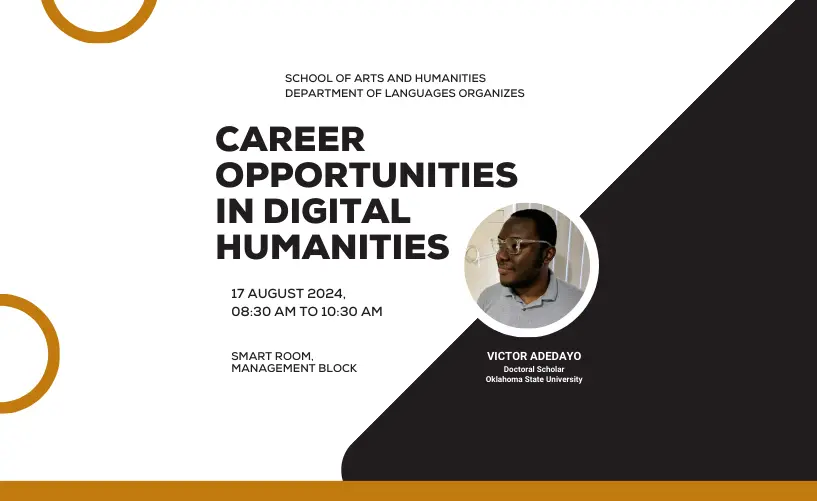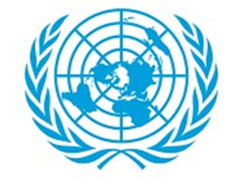

The resource person leading this workshop was Mr. Victor Adedayo, a doctoral researcher in Applied Linguistics with over five years of qualitative research experience. Affiliated with Oklahoma State University at the time, Mr. Adedayo brought a wealth of expertise to the table, making him an ideal guide for those looking to delve into the multifaceted world of Digital Humanities. His proficiency in conversation mining, survey design, interviewing, user story development, and journey mapping, combined with his skills in persona development, information architecture, wireframing, prototyping, usability testing, A/B testing, expert review, and heuristic evaluation, made him a versatile expert in the field.
Moreover, Mr. Adedayo’s experience with design and project management tools like Figma, Miro, Jira, and Trello ensured that participants received practical insights into the tools and methodologies commonly used in Digital Humanities projects. His ability to communicate complex concepts in a clear, concise, and engaging manner allowed participants to grasp the intricacies of this interdisciplinary field effectively. Whether attendees were new to the Digital Humanities or looking to deepen their existing knowledge, Mr. Adedayo’s expertise provided them with valuable perspectives on how to apply their skills in various professional contexts.
 The workshop began with an in-depth look at the AntConc qualitative analysis software. Participants learned about the importance of qualitative research and how it could be applied in various Digital Humanities projects. Mr. Adedayo shared his insights on the best practices for conducting research in this field, including tips on survey design, interviewing techniques, and user story development. Attendees also gained hands-on experience with the AntConc tool and were able to learn how to apply these tools in the context of Digital Humanities work.
The workshop began with an in-depth look at the AntConc qualitative analysis software. Participants learned about the importance of qualitative research and how it could be applied in various Digital Humanities projects. Mr. Adedayo shared his insights on the best practices for conducting research in this field, including tips on survey design, interviewing techniques, and user story development. Attendees also gained hands-on experience with the AntConc tool and were able to learn how to apply these tools in the context of Digital Humanities work.This was then followed by an overview of the Digital Humanities, highlighting the intersection of technology and humanities research. Participants explored how this field had evolved and the ways in which it was reshaping traditional disciplines. Through a series of discussions and interactive sessions, Mr. Adedayo guided participants in understanding the diverse career opportunities available within this field. Special emphasis was placed on roles within academia, cultural institutions, and the tech industry, offering attendees a broad view of potential career paths.
 The workshop proved to be an invaluable opportunity for anyone interested in the Digital Humanities. By the end of the session, participants had a clearer understanding of the career possibilities within this field and how to leverage their skills in technology, research, and cultural analysis to pursue these opportunities. With Mr. Adedayo’s guidance, attendees left the workshop equipped with the knowledge and practical skills needed to navigate the interdisciplinary landscape of Digital Humanities successfully.
The workshop proved to be an invaluable opportunity for anyone interested in the Digital Humanities. By the end of the session, participants had a clearer understanding of the career possibilities within this field and how to leverage their skills in technology, research, and cultural analysis to pursue these opportunities. With Mr. Adedayo’s guidance, attendees left the workshop equipped with the knowledge and practical skills needed to navigate the interdisciplinary landscape of Digital Humanities successfully.Address
Christ University Road, 30 Valor Court
At Post: Dasve Lavasa, Taluka: Mulshi
Pune 412112, Maharashtra.
Telephone
Mail Us At



